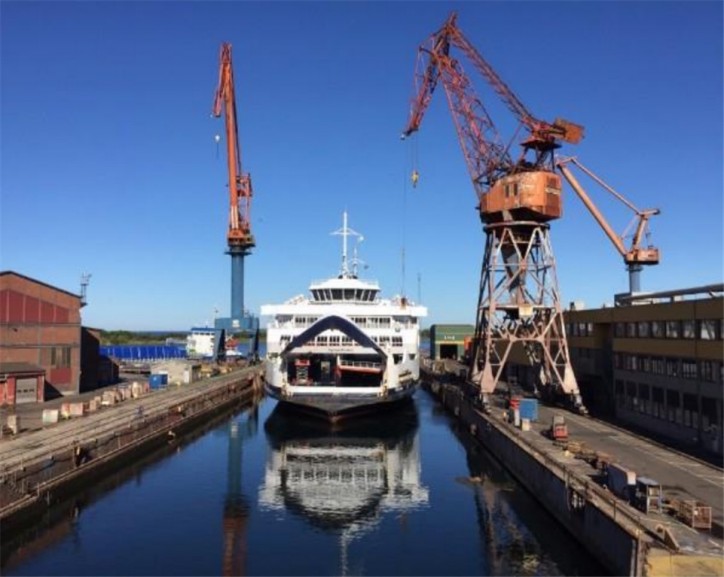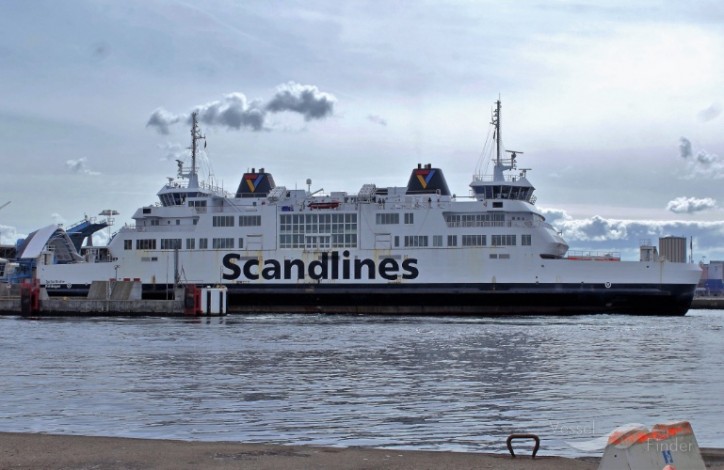ABB’s project to convert two HH Ferries’ vessels into the world’s largest emission-free ferries is gathering pace after Öresund Dry Docks was selected to carry out the work. M/F Tycho Brahe and M/F Aurora will both be fitted with 4.16 MW of batteries and the containers with the battery racks will be lifted on board in February 2017. The dry-docking of the first vessel, Tycho Brahe, will begin in April and it will start operating as a fully electric ferry immediately when work is completed. Aurora will undergo the same process in October 2017.

This highly innovative project also includes the installation of four fully automated shore-side charging arms and these are currently under construction in ABB´s factories. Civil work will be completed at the quayside in Helsingör and Helsingborg in the beginning of next year.
Marcus Högblom, Vice President of Global Sales, Passenger vessels and Azipod propulsion said, “We have a strong commitment to our customer HH Ferries and we need the best partners to work with us. We have experience of working with our selected suppliers and we are confident that their competence and high technical standards will meet ABB´s and HH Ferries´ requirements for this project.”
”Our conversion of the Tycho Brahe and Aurora ferries to battery operation is an essential part of our environmental strategy to reduce emissions and reduce the environmental footprint of our operations on Öresund. We are proud of the initiative, which is the largest single project investment in the company’s history. When the two ferries will sail on pure electric power before the end of 2017 it will be to the benefit our many passengers and the local environment,” said Henrik Rørbæk, CEO of HH Ferries AB.

Passenger/Ro-Ro Cargo Ship Tycho Brahe - Image courtesy: Anders
ABB´s delivery for modernizing the ferries includes batteries, an energy storage control system and Onboard DC Grid technology. At both ends of the route ABB will supply the first automated shore-side charging stations using an ABB industrial robot, to optimize the connection time and therefore maximize the charging period.
The two ferries will operate completely on battery power between Helsingør (Denmark) and Helsingborg (Sweden), a distance of approximately 4 km carrying more than 7.4 Million passengers and 1.9 million vehicles annually. The new battery solution will help lower total emissions across the fleet by more than 50 percent from the current diesel operated vessels. The combined battery power of 8,320 kWh for the two ferries is the equivalent of 10,700 car batteries.
The SEK 300 million investment is co-financed with SEK 120 by INEA, the EU’s executive agency for innovation and network.
Source: HH Ferries Group